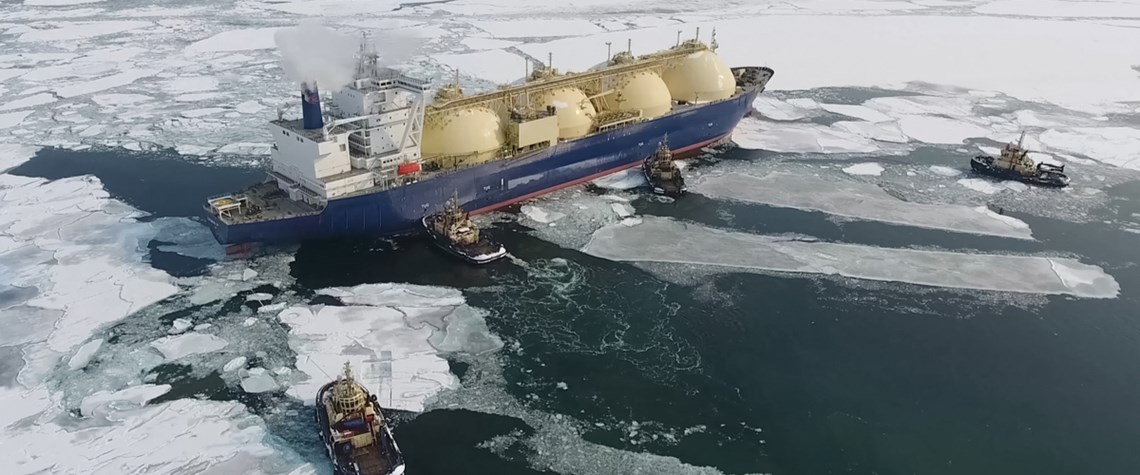LNG shipping set for more challenges
The sector may have seen a more rational 2020 so far. But that is no guarantee it has learnt its lessons
Some capital discipline appears to have materialised—or perhaps been forced on to ship owners—in the LNG shipping sector in 2020, after several years of subpar returns, deeply depressed share prices and general angst. But there remain significant risks to calling any definitive return to better times. LNG shipping has over the past 10-15 years transitioned from a floating pipeline market to a more commoditised, increasingly spot-orientated business more similar to the crude tanker market. The combination of an increased number of LNG buyers and sellers and a knife fight to win long-term contracts led to ship owners increasingly being willing to accept: 1) building on a speculative basis i

Also in this section
18 February 2026
With Texas LNG approaching financial close, Alaska LNG advancing towards a phased buildout and Magnolia LNG positioned for future optionality, Glenfarne CEO Brendan Duval says the coming year will demonstrate how the company’s more focused, owner-operator approach is reshaping LNG infrastructure development in the North America
18 February 2026
The global gas industry is no longer on the backfoot, hesitantly justifying the value of its product, but has greater confidence in gas remaining a core part of the global energy mix for decades
18 February 2026
With marketable supply unlikely to grow significantly and limited scope for pipeline imports, Brazil is expected to continue relying on LNG to cover supply shortfalls, Ieda Gomes, senior adviser of Brazilian thinktank FGV Energia,
tells Petroleum Economist
17 February 2026
The 25th WPC Energy Congress, taking place in Riyadh, Saudi Arabia from 26–30 April 2026, will bring together leaders from the political, industrial, financial and technology sectors under the unifying theme “Pathways to an Energy Future for All”







